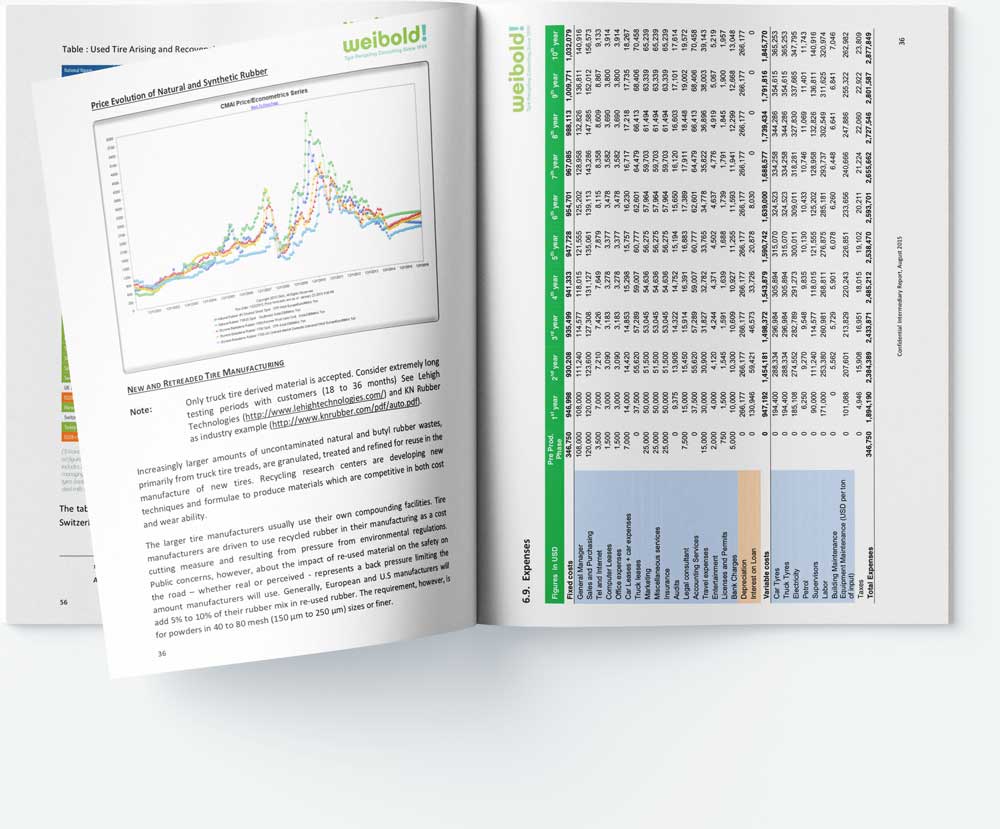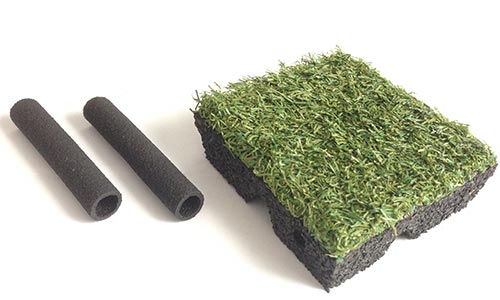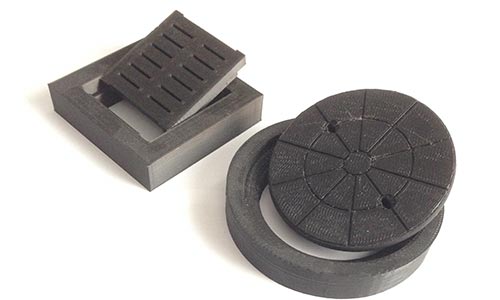
Tire Recycling Consulting
Pyrolysis Consulting
Shop
Webinars
Used Equipment
Advertising
News Events FAQ About Us Contact Search
News Events FAQ About Us Contact Search
Tire Recycling
If you are contemplating a new tire recycling plant or would like to expand the reach of your existing products, Weibold can conduct an in-depth study of potential off-takers in your area as well as on international markets. Upon request the study can also include a survey of the feedstocks reasonably available at or near your location.
Switch to tire pyrolysis
The purpose of our Market Study is to provide the tire recycling plant operator with actionable information about potential off-takers for the plant’s recycling products.
The Market Study Module is designed for project initiators, investors or lenders, and operators of existing tire recycling plants.
Pre-requisites are either a Weibold Pre-Feasibility Study or a good definition and specifications for the products to be marketed, including product mix, volumes, capacities, sizes, pricing ranges, etc. This information must be provided to Weibold by the client and can include data on existing production and hypothetical products the operator wishes to produce in the future.
Commissioning the Market Study will allow you to:
To provide a meaningful market study Weibold needs to understand the Client’s products – existing or intended - in detail. We will therefore first gather all relevant information in a Kick-off Conference, which can be held electronically.
Weibold will then segment the market into sectors and draw on our resource database to define a list of potential customers for the defined rubber products as well as engage a team of researchers to identify new off-takers for your tire recycling business. Weibold will contact the potential customers to determine their buying capacities.
The Market Study will be delivered as a Report, complete with Executive Summary, Contact Lists, Strength and Weakness Analysis, and judgement on potential based on our 20-year experience in tire recycling.
Weibold is conducting trend, market and technology studies for Clients around the globe. Our Clients include plant operators, investors, lenders, recycling associations, technology providers, and product manufacturers. Now selected cross sections of the knowledge we have collected and pooled in our research database is available for recycling strategists and operators looking for innovations and trends on specific subjects in world-wide markets.

The full-scale Bankable Business Plan gives the Client a detailed industry description and outlook, inform about existing and future target markets, include a competitor analysis, financial modelling tool as well as information about regulations. Recycling tires into materials such as steel-free crumb rubber and fine rubber powder used to be a profitable venture; however, due to market saturation in developed economies, tire recycling companies might want to shift their focus from raw materials to potentially higher-priced consumer goods made from recycled rubber or even virgin rubber which can be replaced by tire-derived materials.

In this Pre-Feasibility Study, Weibold considers the latest developments world-wide in utilizing ELT derived textile fraction for purposes other than incineration. The work will result into a list of companies, explaining the following: a) the methods for processing, b) the technical readiness level, c) any successful references, d) logistical considerations (low weight/volume vs. capital investment), e) and to what extent this application could be applied to the Client's specific situation.

The document is both an introduction to manufacturing of sewer covers and grids made out of end-of life tires (ELT) explaining input materials, processing techniques, manufacturers, suppliers of technology, prices, materials, characteristics, life expectancy, etc. It will be based on research and preparatory work performed for the specific situation of the customer in the target area. Recycling tires into materials such as steel-free crumb rubber and fine rubber powder used to be a profitable venture; however, due to market saturation in developed economies, tire recycling companies might want to shift their focus from raw materials to potentially higher-priced consumer goods made from recycled rubber or even virgin rubber which can be replaced by tire-derived materials.